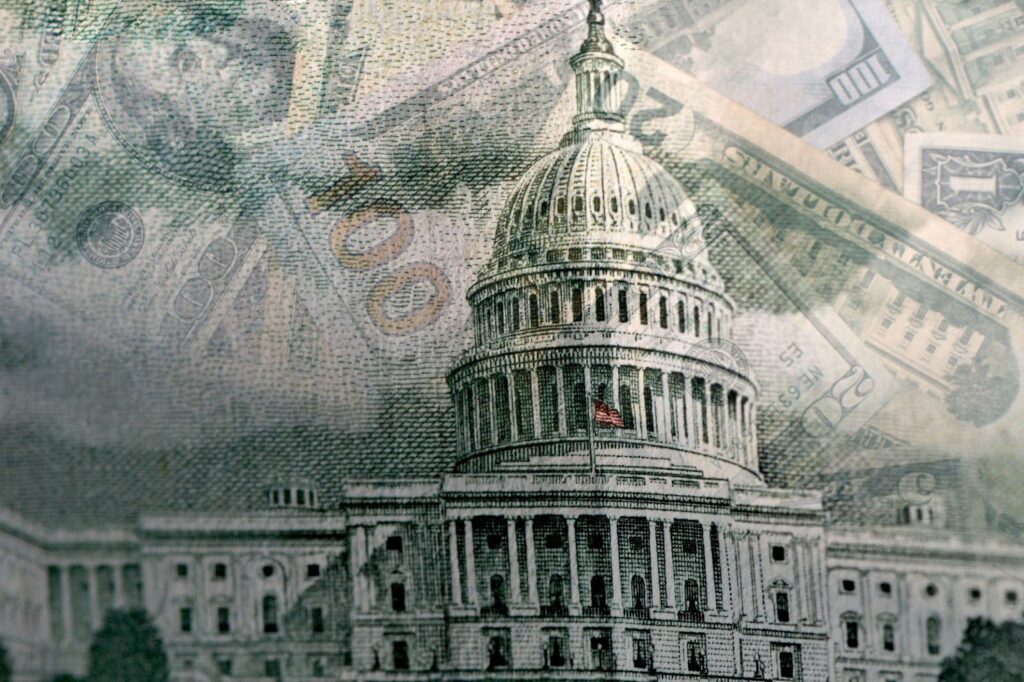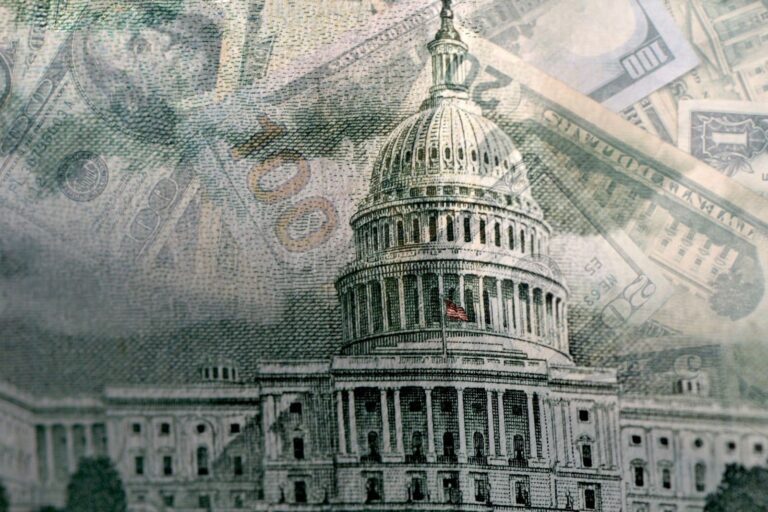Election years are pivotal times not only for politics but also for the economy. The uncertainty surrounding electoral outcomes can have a profound impact on market conditions, consumer behavior, and overall business climate. For businesses, understanding these dynamics and preparing for potential changes is crucial. This blog explores what businesses should be aware of during election years and how they can navigate the economic shifts that accompany these political milestones.
The Influence of Election Cycles on the Economy
1. Market Volatility: Election years often bring increased market volatility. As investors and businesses react to the changing political landscape and its potential impact on regulatory and economic policies, stock markets can experience fluctuations. Businesses should be prepared for this uncertainty by ensuring their investment portfolios are diversified and not overly exposed to risks heightened by political turmoil.
2. Consumer Confidence and Spending: Consumer confidence tends to waver during election years, influenced by political campaigns and uncertainty about future policies. This can affect consumer spending patterns, impacting sectors like retail, real estate, and luxury goods differently. Businesses in consumer-facing industries should pay close attention to consumer sentiment indicators and adjust their marketing strategies accordingly.
3. Regulatory and Policy Changes: Elections can lead to significant shifts in government policy and regulation. Proposed changes in areas like healthcare, taxation, environmental regulations, and foreign trade can impact business operations and cost structures. Companies should stay informed about the policy positions of candidates and prepare for adjustments in their compliance and operational strategies.
Strategies for Businesses During Election Years
1. Scenario Planning: To mitigate risks associated with election outcomes, businesses should engage in scenario planning. This involves developing various business strategies that correspond to different electoral results. By preparing for multiple outcomes, companies can pivot more effectively once the political landscape clarifies.
2. Strengthening Liquidity: Given the potential for market instability, businesses should prioritize maintaining robust liquidity reserves. This ensures they have enough cash on hand to manage through uncertain times without needing to make drastic cuts or changes in the heat of the moment.
3. Communication with Stakeholders: Transparent communication with stakeholders—including investors, employees, and customers—is vital during election years. Keeping everyone informed about the company’s preparedness and strategic thinking can help maintain trust and stability internally and externally.
4. Flexible Investment Strategies: Businesses might consider adopting more flexible investment strategies during election years to quickly respond to unexpected market conditions. This could involve holding off on major investments or mergers until after the election or taking advantage of unique opportunities that arise from the electoral process.
5. Engaging with Policy Developments: Staying engaged with policy developments throughout the election cycle is crucial. Businesses should monitor legislative changes closely and participate in industry discussions about how proposed policies might impact their sectors. Engaging with policymakers through trade associations or direct advocacy can also be beneficial.
Conclusion
Election years bring a unique set of challenges and opportunities for businesses. By understanding the economic impacts of elections and preparing adequately, companies can not only safeguard their interests but also position themselves to take advantage of new opportunities that arise in a post-election environment. Proactive planning, diversified strategies, and continuous monitoring are key to navigating the uncertainties of election years effectively.






